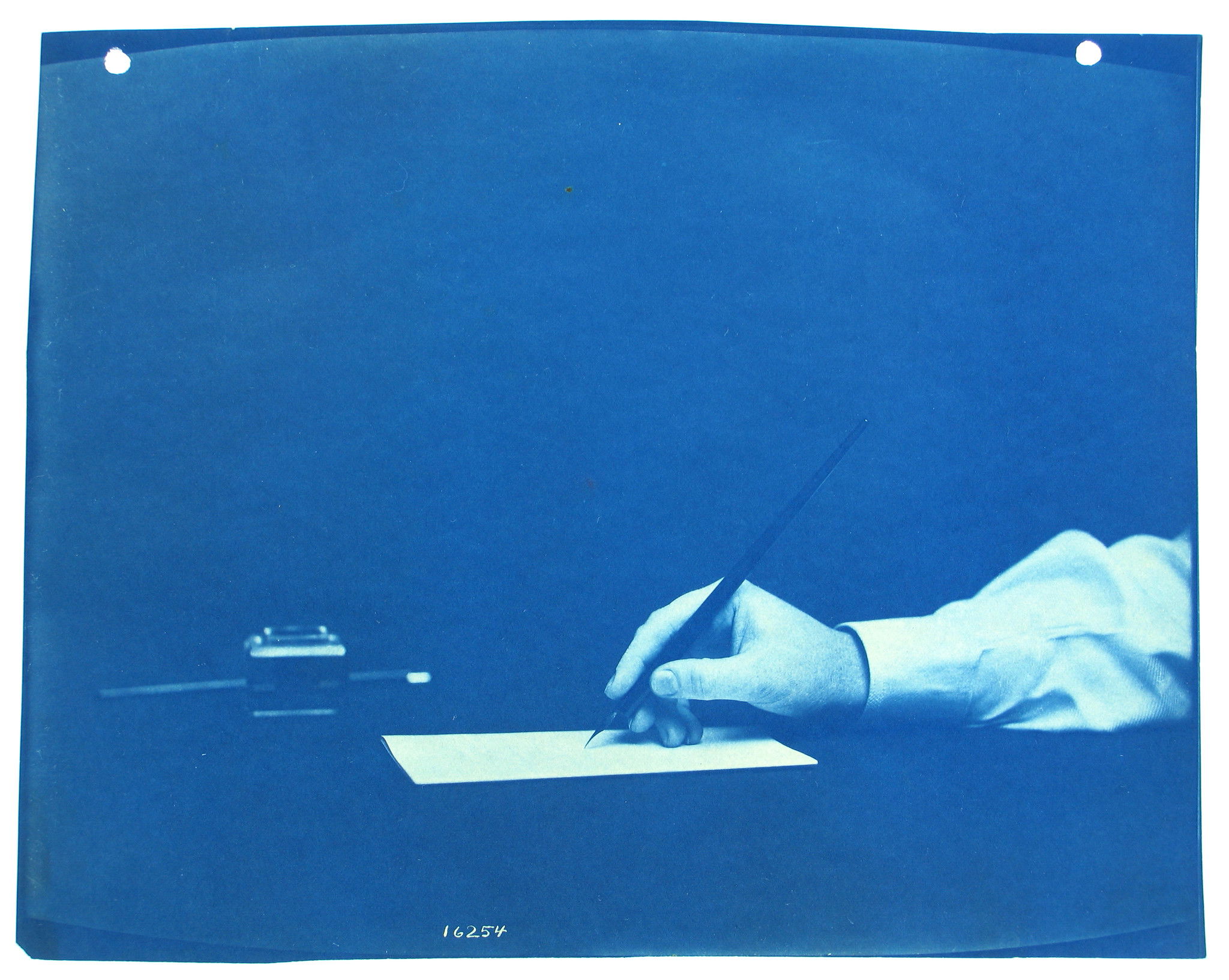Getting work paid is only one part of the problem: getting innovative work paid is another
I was drinking in Slattery’s in the Rathmines Road after an opening with a Turkish queer feminist filmmaker with a DIY punk ethos, and an Irish experimental musician. She was like, let’s do the show right here. He was, yeah but I want to get paid. I’m a professional. They both had day jobs in academia: insecure, untenured work that doesn’t pay much, barely enough to support their practice, never mind their lives. And yet they took different positions.
Like a lot of people who emerged from the Web 2.0 boom, I made my name working for free. I started writing in the online literary mags of the late 2000s and early 2010s. They paid nothing but they bypassed the gatekeepers of the paid mags I’d later write for, to which I’d likely never have had access without the portfolio I built up online. During the mid-2010s I was an editor at one of them. We didn’t pay but nor were we paid. Commissioning and putting out two pieces a month may not sound like a lot of work, but it is. My rubric was to source writing so uncommercial it couldn’t be published elsewhere. Despite my personal guideline, several writers whose work I published early in their careers went on to work with Hamish Hamilton and Penguin. I like to think I have an eye, but this was also, perhaps, an unpaid self-internship.
I still get requests to work for free. Most of them are from the UK, where the big Arts Council England money goes not to artists but organisations (in 2024 Creative Scotland closed its Open Fund for Individuals). But where will those institutions get their artists? There are those old enough to have benefitted from state funding to develop their careers, and there are those who have personal finances to sustain and develop their work – a shrinking and increasingly exclusive demographic. There is no doubt that the arts in the UK are becoming less class diverse, more difficult to access for anyone who, like the majority of the UK’s population, doesn’t have the kind of independent wealth it takes to grow a practice unsupported.
It’s arguable that UK writers have long been in an even worse position than artists. They used to do it for a case of wine. That was the notorious payment offered to some speakers by the Hay literary festival during the 2010s. The Everyman Wodehouse Prize for comic literature, hosted by the festival until 2019, still awards the winner a jeroboam of Champagne, as well as naming a pig after the winning novel. Sadly, unless you’re Bertie Wooster-level rich, producing even comic writing is no joke if you can’t pay the bills and the rent. The workers who put up the tents, did the catering and drove the taxis for the Hay festival didn’t give their skills for a trickle of Beaujolais, and in 2015 the UK Society of Authors put their collective foot down and boycotted not only Hay but the Oxford Literary Festival and others for fair pay.
The second time last year one small UK indie publisher asked me to make work for them for nothing – or rather, for less than nothing (one request involved my paying for travel and accommodation in order to present the work I would have made for free), I wrote to the organiser: Do you think this is something it’s ok to normalise?
The organiser wrote back within minutes, scandalised: Do you think I make any money out of my own work?
Though perhaps I should have, I didn’t write back and say: But I want your work to be paid. Maybe you should stop working for people like you.
There is a scarcity mindset in the UK, not only of paid but unpaid work, as the hurdles for small arts enterprises to get off the ground are significant. I’m privileged to also be a citizen of Ireland, where arts funding is far from perfect but where asking practitioners to work for free is unusual; while in the UK pay guidelines set out by the Artists’ Union of England, AICA UK (who represent curators, critics and scholars) and a 2016 ‘Paying Artists Guide’ by a-n (representing practitioners) – despite the last having been developed in consultation with the sector and Arts Council England, Creative Scotland and Arts Council of Wales – have gone relatively unrecognised by these commissioning bodies.
And yet.
The filmmaker was also right. Much of the most exciting contemporary writing I’ve read started in those free journals. Many of the most formally innovative writers I know are still working outside the commercial sphere for publishers that can pay only a few hundred quid a book. Getting work paid is only one part of the problem: getting innovative work paid is another. We need a situation both where living wage payments are standard, and where finance is available to support the kind of innovative work that’s so often made only for free.
From the October 2025 issue of ArtReview – get your copy.
Read next Who can stop artwashing?
